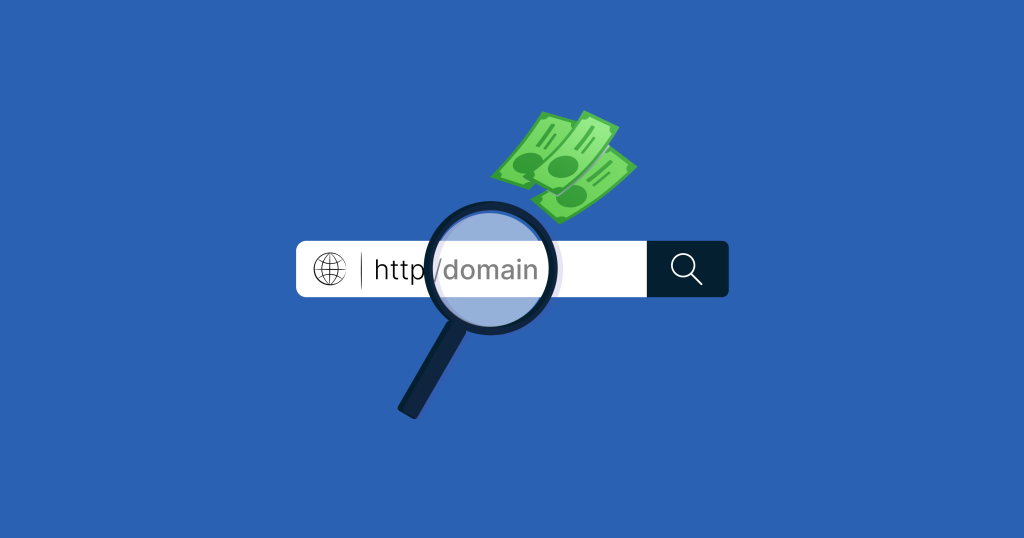What is Domain Expires

“Domain expires” refers to the status of a domain name when its registration period ends without being renewed. When a domain expires, it becomes inactive and no longer resolves to the associated website or services. Visitors trying to access the domain will encounter an error message, and email services associated with the domain may also become inaccessible. Domain owners typically have a grace period to renew the domain without penalties, after which it may enter a redemption period or be released for public auction or registration by others.
Table of Contents
What happens when your domain expires?

When a domain expires, several things can happen depending on the policies of the domain registrar and the actions taken by the domain owner:
- Grace Period: Most registrars offer a grace period after the domain expiration date during which the owner can renew the domain without any penalties. This period typically lasts between 30 to 45 days but can vary depending on the registrar.
- Renewal: If the domain owner renews the domain during the grace period, the domain will be restored and continue to function as usual. The owner may need to pay a renewal fee, which can vary depending on the registrar and the domain extension (.com, .org, .net, etc.).
- Domain Suspension: If the domain is not renewed during the grace period, the registrar may suspend the domain. This means that the domain will no longer resolve to the associated website or services, and email sent to addresses using that domain may bounce back.
- Domain Redemption Period: After the grace period, some registrars offer a redemption period during which the domain can still be renewed, but additional fees are usually charged. This period can last for about 30 days.
- Domain Auction: If the domain is not renewed during the redemption period, it may be released for public auction or made available for registration by others. Some registrars also offer domain backorder services, allowing individuals or companies to monitor expired domains and attempt to register them when they become available.
- Domain Deletion: If no action is taken during the grace period or the redemption period, the domain may be permanently deleted from the registrar’s database. Once deleted, it becomes available for registration by anyone on a first-come, first-served basis.
It’s crucial for domain owners to keep track of their domain expiration dates and renew them in a timely manner to avoid any disruptions to their online presence.
Is it expensive to renew a domain name?

The cost of renewing a domain name can vary depending on several factors, including the domain registrar, the domain extension (.com, .org, .net, etc.), and any additional services or features included in the renewal package. Here are some general considerations regarding the cost of renewing a domain name:
- Registrar Pricing: Different registrars may offer different pricing structures for domain renewals. Some registrars may offer competitive renewal rates as part of their services, while others may charge higher fees.
- Domain Extension: The cost of renewing a domain can also depend on the domain extension. Generally, generic top-level domains (gTLDs) like .com, .net, and .org tend to have standard renewal fees, while country-code top-level domains (ccTLDs) and specialized extensions may have varying renewal costs.
- Renewal Length: Registrars typically offer options to renew a domain for multiple years at once. Renewing a domain for a longer period (e.g., 2 years or 5 years) may result in cost savings compared to renewing it annually.
- Promotions and Discounts: Some registrars may offer promotions, discounts, or bundle deals for domain renewals, especially for existing customers or during certain periods.
- Additional Services: Registrars may offer additional services such as domain privacy protection, DNS management, email forwarding, and website hosting. These services may be included in the renewal package or offered as optional add-ons for an extra fee.
It’s recommended to compare renewal prices across different registrars, consider the length of renewal, and evaluate any additional services or features included in the renewal package to make an informed decision about the cost-effectiveness of renewing a domain name.
How to renew your expired domain

To renew an expired domain, you typically need to follow these general steps. Keep in mind that the exact process may vary slightly depending on your domain registrar:
- Log In to Your Registrar Account:
- Visit the website of your domain registrar.
- Log in to your account using your username/email and password.
- Navigate to Domain Management:
- Look for a section related to domain management or domain services in your account dashboard.
- Find the Expired Domain:
- Locate the domain name that has expired and needs to be renewed. It may be listed under “My Domains” or a similar section.
- View Renewal Options:
- Click on the domain name to view its details and renewal options.
- Some registrars may display a prominent “Renew” button or link for expired domains.
- Choose Renewal Period:
- Select the length of time you want to renew the domain for (e.g., 1 year, 2 years, etc.).
- Some registrars offer discounts for longer renewal periods.
- Review and Confirm Details:
- Review the renewal details, including the renewal length and total cost.
- Ensure that your contact and payment information is up to date and accurate.
- Complete the Renewal:
- Proceed to the checkout or payment page to complete the renewal process.
- Choose your preferred payment method (credit card, PayPal, etc.) and enter the necessary payment details.
- Verify and Confirm:
- Follow any additional verification steps or prompts as required by your registrar.
- Confirm the renewal to initiate the payment and renewal process.
- Confirmation and Receipt:
- After the payment is processed successfully, you should receive a confirmation of the domain renewal.
- Check your email for a receipt or confirmation message from your registrar regarding the renewal of your domain.
It’s essential to renew your domain promptly after it expires to avoid any potential issues or disruptions to your online services. If you have any specific questions or encounter difficulties during the renewal process, you can reach out to your domain registrar’s customer support for assistance.